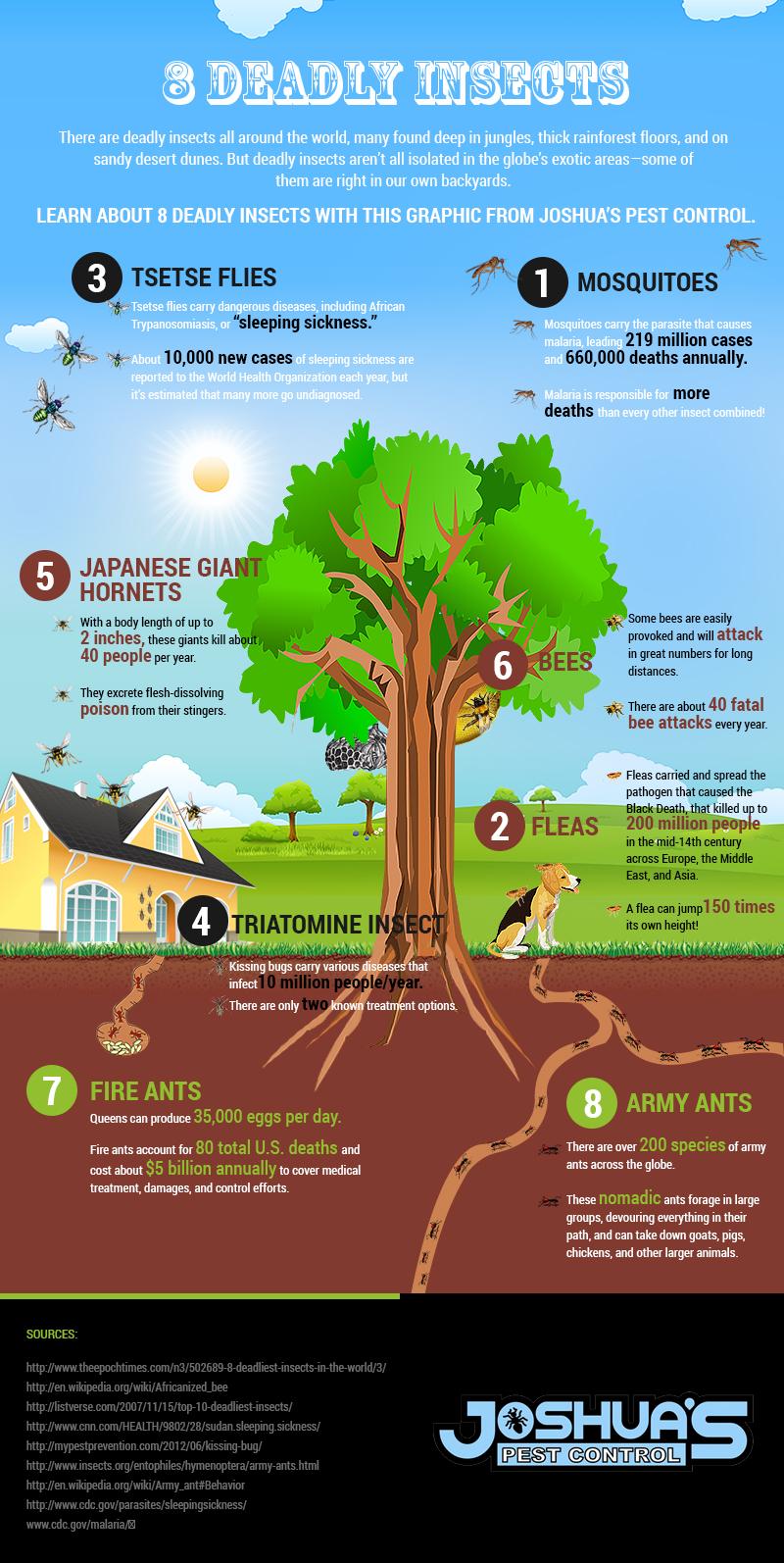Past The Spray: Exploring Advanced Techniques Made Use Of By Parasite Control Specialists
Past The Spray: Exploring Advanced Techniques Made Use Of By Parasite Control Specialists
Blog Article
Web Content Author-Thiesen Kincaid
Are you tired of relying exclusively on sprays to manage insects in your home or office? While sprays can be effective, pest control specialists have established sophisticated techniques that go beyond simply splashing chemicals.
These methods not just offer a lot more reliable and durable options, but additionally concentrate on lessening making use of harmful pesticides. By checking out these innovative strategies, you will uncover an entire brand-new world of bug control methods that are not just effective, however also environmentally friendly.
So, are you prepared to take your insect control game to the next degree?
Integrated Insect Monitoring (IPM)
If you're searching for a reliable and environmentally-friendly technique to pest control, Integrated Parasite Administration (IPM) is the remedy you require. IPM concentrates on lasting prevention and monitoring of insects, as opposed to just depending on pesticides. This approach thinks about the details demands and actions of bugs, as well as the surrounding environment.
By using a mix of techniques such as organic control, habitat manipulation, and targeted pesticide use, IPM aims to decrease the reliance on chemical therapies and lessen harm to non-target organisms.
One crucial aspect of IPM is monitoring and recognizing parasites accurately. This entails on a regular basis checking and examining the pest population, along with identifying the specific types existing. By recognizing the biology and behavior of insects, pest control specialists can create targeted techniques to interrupt their life process and reduce their numbers.
An additional essential aspect of IPM is using non-chemical control techniques whenever feasible. This can consist of physical barriers, such as installing displays or securing splits and openings, to stop bugs from entering structures. Additionally, cultural techniques, like appropriate cleanliness and waste management, can help eliminate bug food sources and reproducing premises.
When chemicals are required, IPM focuses on using them deliberately and as a last option. This means selecting the least toxic and most reliable option, applying it specifically and just to affected areas, and following all safety guidelines. By decreasing pesticide use, IPM decreases the potential threats to human health and wellness and the atmosphere.
Biological Control
To even more improve the performance of Integrated Pest Management (IPM), the following subtopic we'll check out is the approach of biological control. This technique utilizes natural predators or parasites to regulate insects.
Below are 4 crucial aspects of organic control:.
1. Introduction of all-natural enemies: In this approach, helpful pests or organisms are presented to the area plagued with pests. These all-natural enemies take advantage of the pests, assisting to lower their population.
2. Preservation of all-natural adversaries: Instead of presenting brand-new organisms, this approach focuses on developing a suitable setting for existing beneficial insects. This can be achieved through supplying food, shelter, and water sources.
3. Augmentation: Right here, the number of all-natural adversaries is enhanced unnaturally by reproducing and releasing them into the plagued area. informative post assists to quickly minimize the pest populace.
4. Push-pull method: This technique integrates repellents and attractants to control the habits of parasites. Repellents push pests away from plants, while attractants lure them towards trap crops or locations where they can be easily controlled.
Habitat Adjustment
Environment alteration plays an essential function in parasite control by modifying the environment to discourage pest problems. By making changes to the physical characteristics of a room, you can develop an unwelcoming environment for bugs, making it harder for them to make it through and grow.
One typical technique of habitat alteration is removing or reducing potential food resources for pests. https://www.dispatch.com/story/lifestyle/home-garden/2022/06/25/follow-these-tips-control-top-10-common-harmful-garden-insects/7687226001/ can include correct waste administration, securing containers, and cleaning up food crumbs.
Additionally, removing or lowering areas of standing water can help regulate insects like insects.
Altering the landscape by cutting trees and hedges far from buildings can also stop parasites from accessing your building.
Conclusion.
So there you have it - the sophisticated methods used by parasite control specialists surpass simply splashing chemicals. Integrated Bug Management (IPM) combines different methods to successfully regulate pests, while biological control harnesses natural opponents to keep bug populaces in check.
Environment alteration also plays an essential duty in protecting against parasite infestations.
Did you understand that according to a research study, carrying out IPM strategies reduced chemical usage by an average of 71%? This not just shields our health and the environment but also conserves money in the future.
